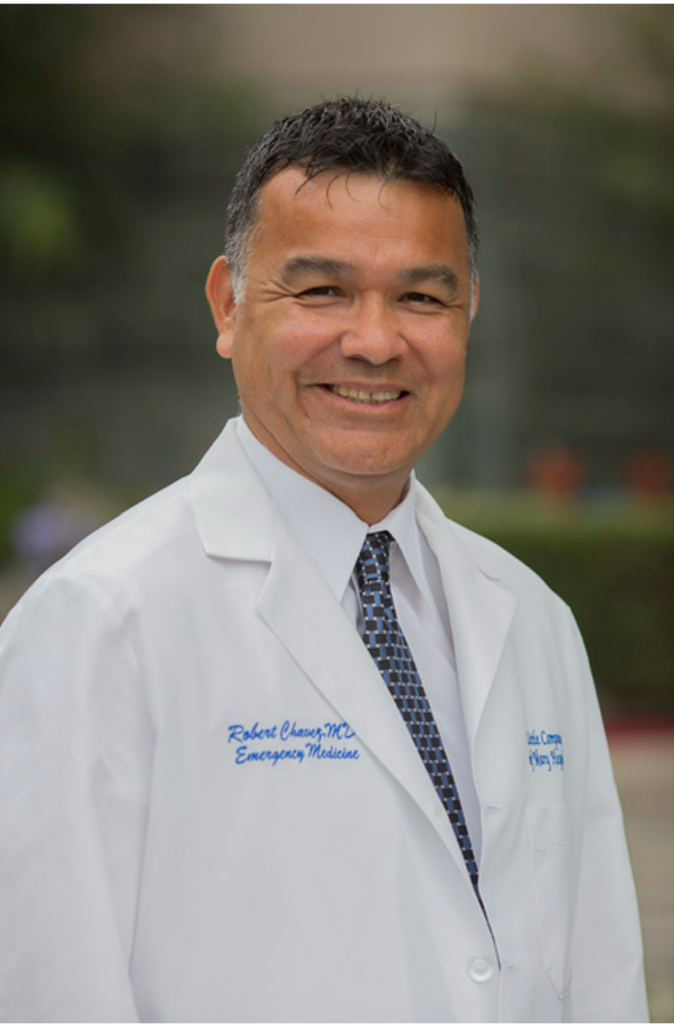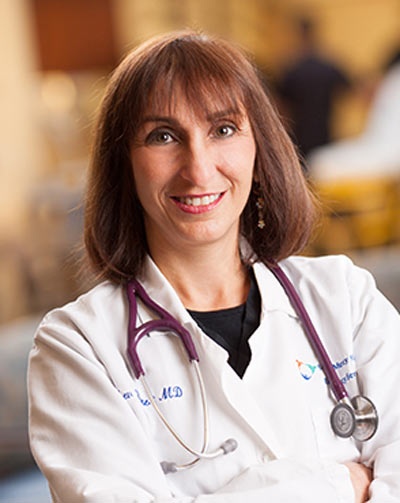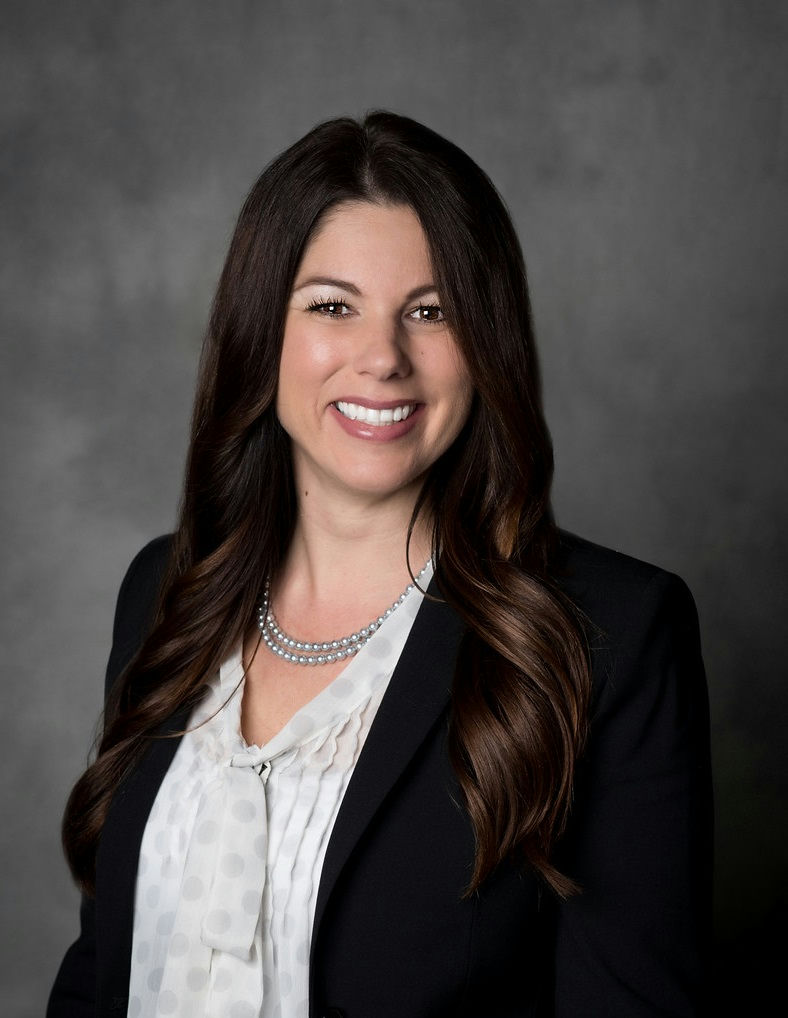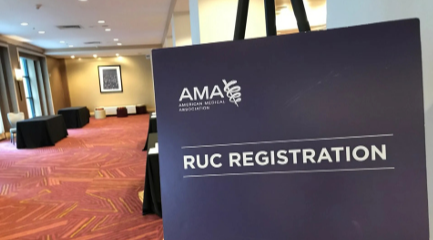Roneet Lev, MD FACEP
Executive Director, IEPC
“Doctors make bad patients,” my surgeon cautioned me as we discussed scheduling the removal of my thyroid amidst my busy professional and personal commitments. He emphasized the importance of taking my health seriously, a reminder I heeded with caution.
In the months leading up to my thyroidectomy, I juggled my medical responsibilities with my health concerns. Knowing that thyroid cancer progresses slowly, I postponed addressing it until after I had completed urgent obligations and arranged a three-month medical leave. Rather than clearing my schedule, I compiled a list of tasks I could manage while recuperating.
The reality of my diagnosis hit me during a hectic shift in the emergency department when my
surgeon called with concerning news about lymph nodes. The prospect of a more invasive
surgery loomed over me, threatening not only my physical well-being but also my self-image and
plans. My perception of medicine is colored by the cases I see in the emergency department,
often skewed toward adverse outcomes. Amidst the chaos of treating my own patients, my nurses gave me a hug and my colleague held down the fort, giving me the time and space to manage my own health and return to my patients.
One of the most significant hurdles I faced was reconciling my role as a knowledgeable
physician with my newfound status as a vulnerable patient. As a physician I found comfort and
control by studying the medical literature, guidelines, and preparing for possible symptoms or
complications. I wanted to be ahead of the situation. As a patient I learned I don’t have the
control of the future, I was forced to learn patience, and I failed at predicting my personal
reactions to treatment. There is a disconnect between medical knowledge and practical
application. I have been giving medical advice for years. Applying the advice, even simple
advice such as keeping your head elevated or following a diet required sage advice from
experienced patients rather than doctors.
Navigating the healthcare system proved to be another formidable obstacle, highlighting
disparities in access and efficiency. Despite my professional connections, I encountered delays in
scheduling crucial tests. It took me a month to schedule an MRI. I empathized with the struggles
of other patients. I treated a young man in the emergency department who, like me, faced long
delays in scheduling crucial. His request for an MRI to stage his cancer for a next day urology
appointment may seem non emergent, but I ordered it STAT, understanding that he tried and
failed to arrange it as an outpatient. The test underscored the life-or-death implications of
bureaucratic inefficiencies and highlighted the importance of proactive advocacy.
I was striving to be a good patient, but the doctor in me remains. I strove to better understand the radioactive iodine treatment I was to receive that could radiate and harm my vulnerable
granddaughters and pregnant daughter-in-law. The treatment requires a period of isolation
without a clearly defined time. I purchased a Geiger counter and graphed my radiation emissions
to follow the data on when it was safe to return to contact with my family.
My health scare gave me a forced and unplanned stop in my daily life. I grappled with questions
of mortality and purpose leading to healthy thoughts of reassessing my priorities. While I strive
for control, I learned to accept uncertainty and found solace in the support of loved ones and the
resilience of the human spirit.
Ultimately, my journey from doctor to patient taught me invaluable lessons about vulnerability,
resilience, and the power of human connection. While my professional expertise offered insights
into my diagnosis and treatment, it is my faith, community, and inner strength that carries me
through the darkest moments. As I embark on the road to recovery, I do so with a newfound
appreciation for the interconnectedness of humanity and the transformative power of empathy
and compassion.





